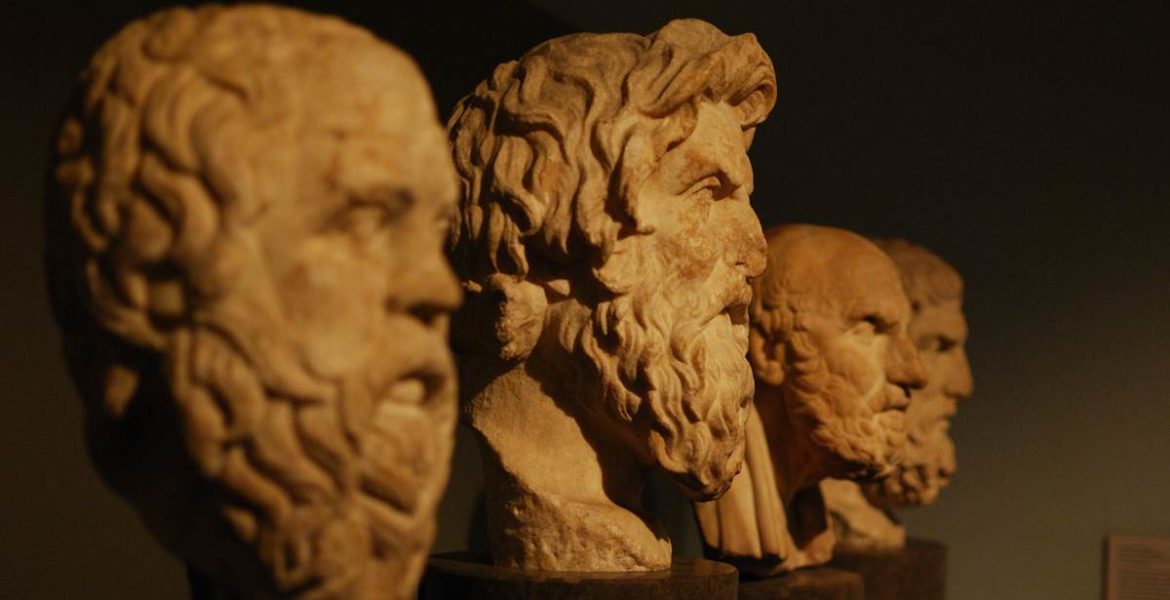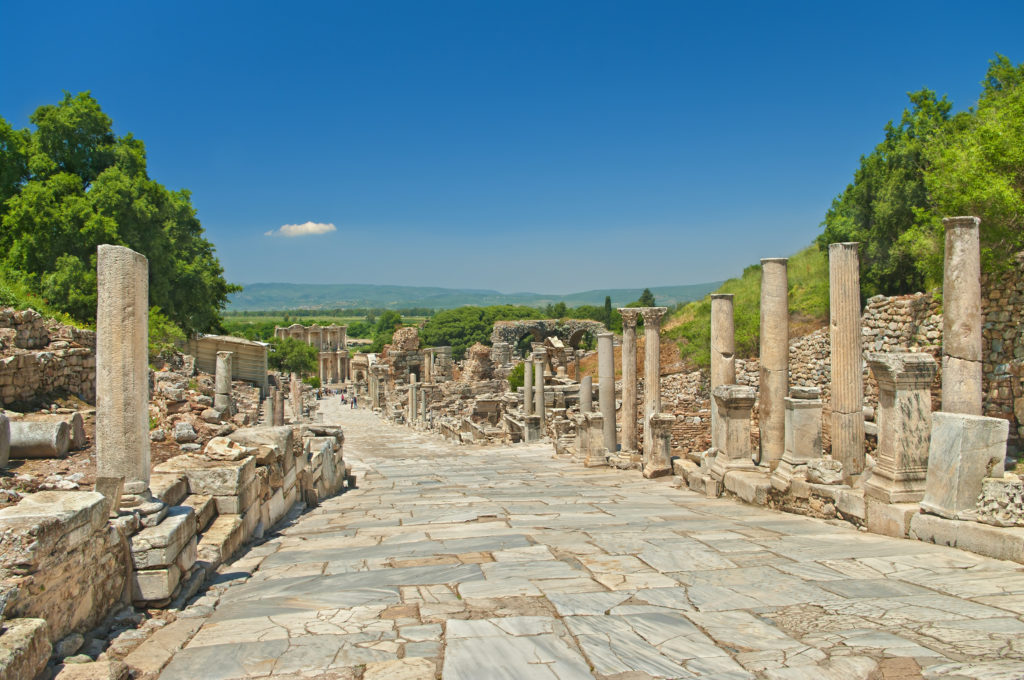
Ancient Greek philosophy opened the doors to a particular way of thinking that provided the roots for the Western intellectual tradition and civilisation, so it comes as no surprise that these philosophers of ancient Greece are known as some of the greatest thinkers to have ever stepped foot on this earth.
Ancient Greek philosophers were the first that doubted the contemporary philosophical paradigm, observed and interpreted the world they lived in and set the basis of Western civilisations.
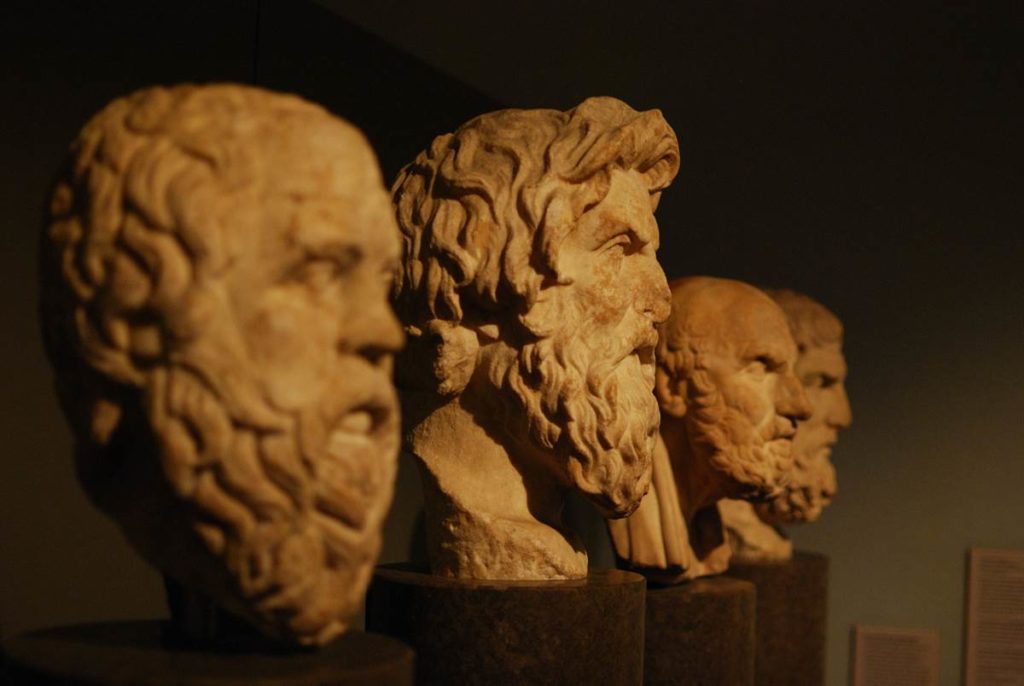
These early philosophers broke tradition and sought rational explanations, their speculation also formed the early basis for science and natural philosophy.
There are so many great minds who have made a difference to the way we live, and today we focus on five of the most influential ancient Greek philosophers to have given humanity a lot to think about, and so much to learn from.
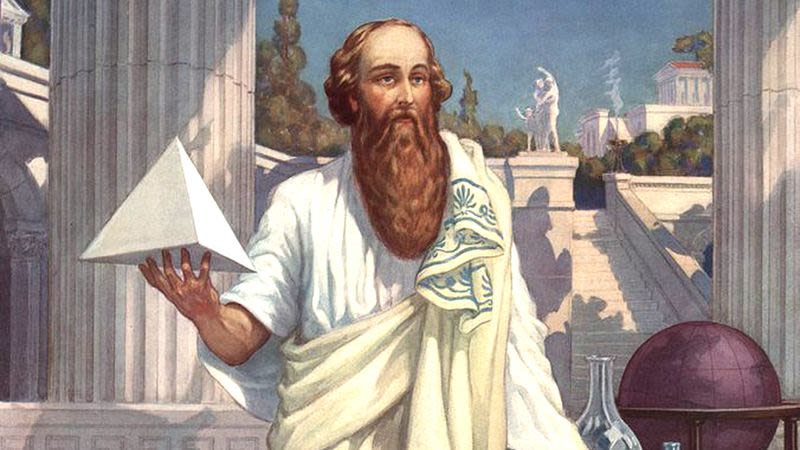
Pythagoras “As soon as laws are necessary for men, they are no longer fit for freedom.”
Pythagoras is a famous mathematician who is credited with inventing the Pythagorean Theorem, one of the key computations in geometry. Although better known for his legendary contribution to mathematics, his philosophical works and ideas have had a great influence on modern philosophy and on Plato as well. He regarded the world as perfect harmony and aimed his teaching on how to lead a harmonious life. Some legends also indicate that he was the first to teach that the Earth was round.
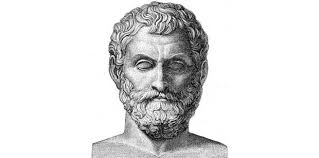
Thales “Avoid doing what you would blame others for doing.”
Thales of Miletus is regarded as one of the fathers of Greek philosophy, being a major influence for following generations of famous thinkers, philosophers and scientists. He was the first to try to explain natural phenomena without the inclusion of myths, by theories and hypothesis, ergo science. Aristotle points Thales as the first person to have investigated basic principles such as origination of matter. Thales is also said to be the founder of school of natural philosophy.
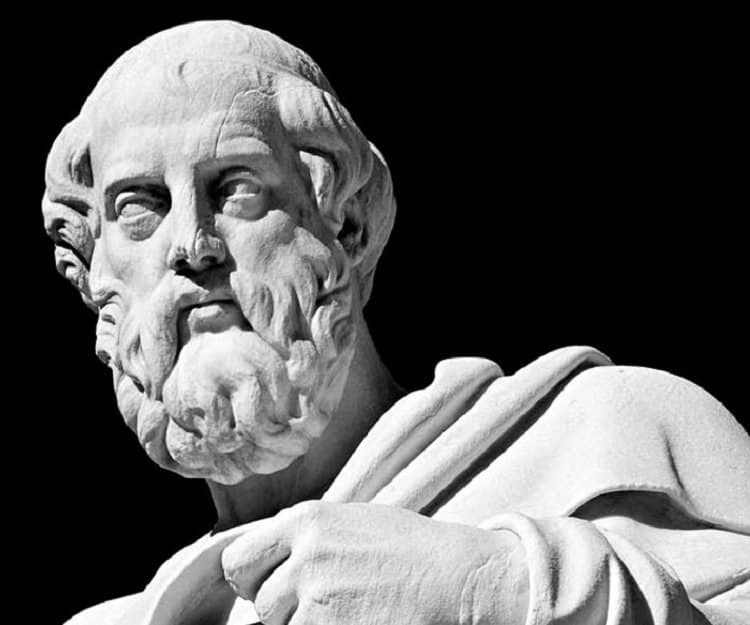
Plato “Be kind, for everyone you meet is fighting a hard battle.”
Plato, a student of Socrates, is regarded as the father of political science and the founder of one of the world’s first known institutions of higher learning, the Academy in Athens. The primary groundwork of Plato’s philosophy is a threefold approach – dialects, ethics and physics, the central point of unison being the theory of forms. For him, the highest of forms was that of the ‘good’, which he took as the cause of being and knowledge. Plato wrote one of the first and most influential works on politics, The Republic, which described an ideal or Utopian society. Like his mentor Socrates, Plato was a critic of democracy.

Socrates “Strong minds discuss ideas, average minds discuss events, weak minds discuss people.”
The most well-known ancient Greek Philosopher of all time, Socrates, was a master stonemason and social critic. He never wrote anything and most of his philosophical contributions come through his students, mainly Plato. Socrates embarked a whole new perspective of achieving practical results through application of philosophy in our daily lives. Socrates became famous for encouraging people to critically question everything. Socrates’ greatest contribution to philosophy was the Socratic Method in which discussion, argument, and dialogue are used to discern the truth. Eventually, his beliefs and realistic approach in philosophy led to his end, as he was tried and convicted for criticizing religion and corrupting the youth. Socrates then chose death by suicide over exile from his homeland of Athens. His legendary trial and death at the altar of the ancient Greek democratic system has changed the academic view of philosophy as a study of life itself.

Aristotle “Educating the mind without educating the heart is no education at all.”
A student of Plato and the teacher of Alexander the Great, Aristotle is considered one of the world’s greatest ancient philosophers. Aristotle studied a wide variety of subjects, including science, ethics, government, physics and politics, and wrote extensively on them. He believed that people’s concepts and all of their knowledge were ultimately based on perception. All aspects of Aristotle’s philosophy continue to be the object of active academic study today.

